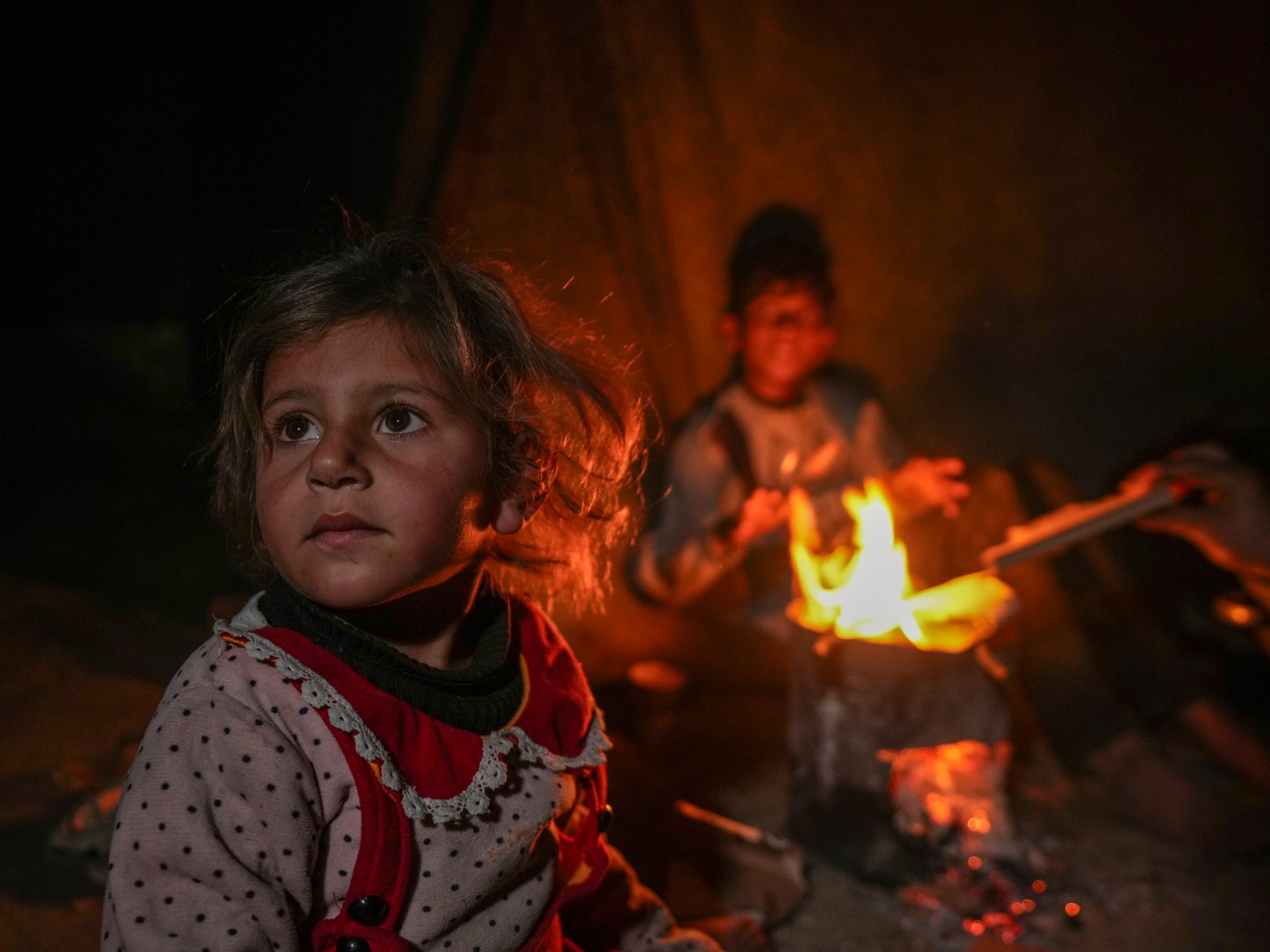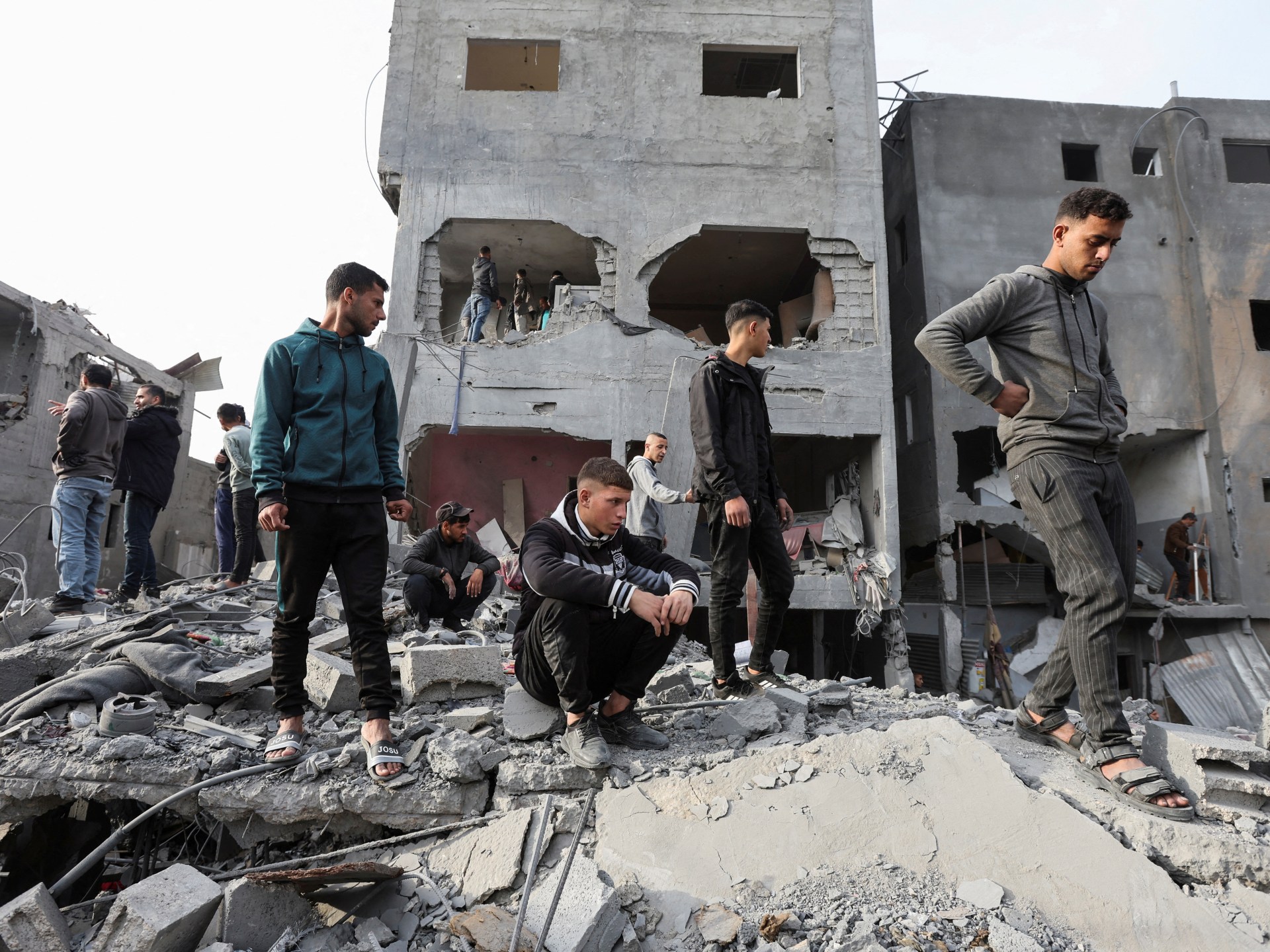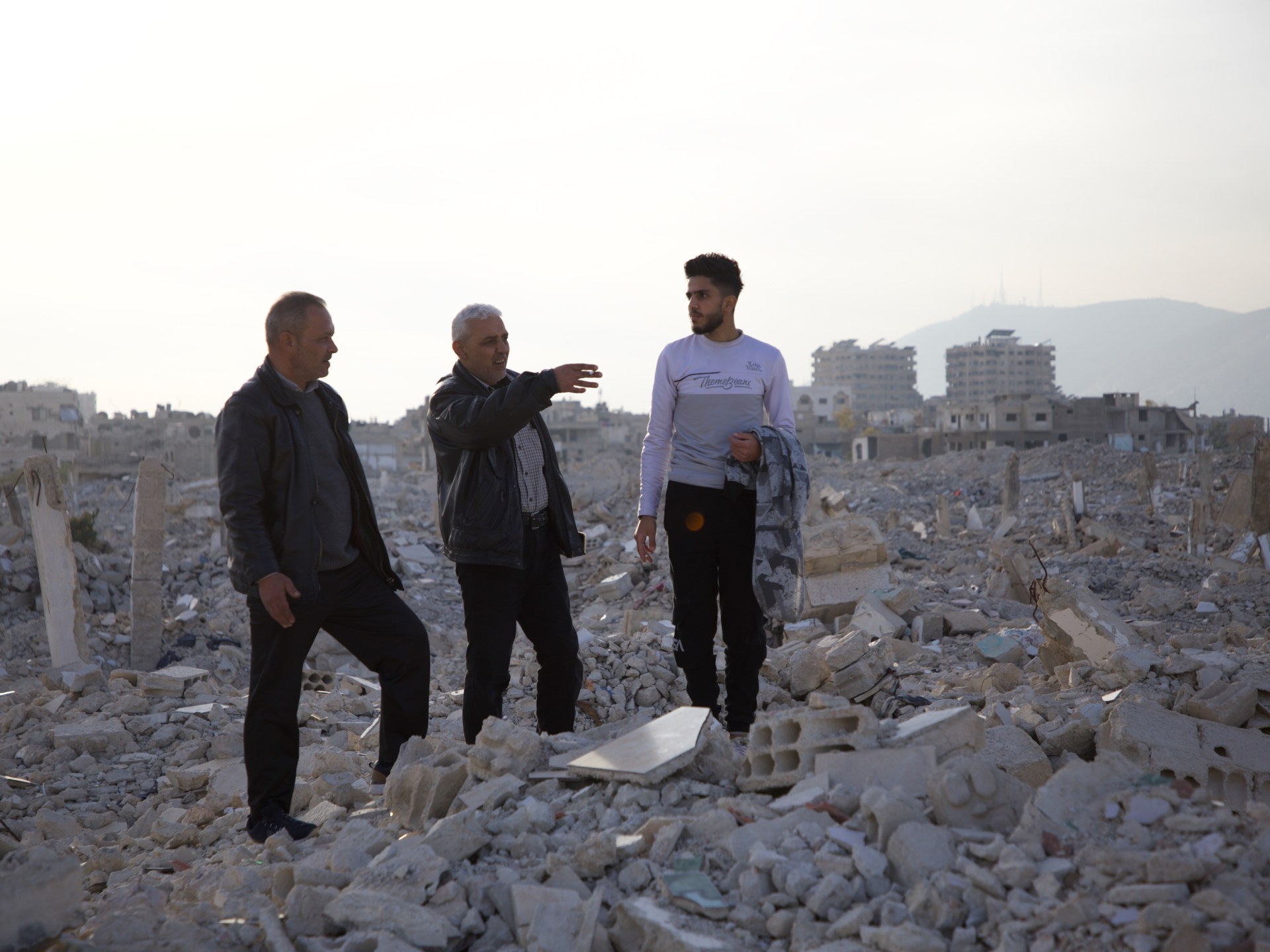

About 473 million, or more than one in six children, are estimated to live in conflict areas worldwide, according to the United Nations children’s agency.
UNICEF’s statement came on Saturday as conflicts continue to rage around the world, including in Gaza, Sudan and Ukraine, among other places.
In Israel’s devastating war on Gaza in particular, at least 17,492 children have reportedly been killed in nearly 15 months of conflict that has reduced much of the enclave to rubble.
“By almost every measure, 2024 has been one of the worst years on record for children in conflict in UNICEF’s history – both in terms of the number of children affected and the level of impact on their lives,” said UNICEF Executive Director Catherine Russell.
According to Russell, a child growing up in a conflict zone is far more likely to be out of school, malnourished, or forced from their home compared with a child living in places with no conflict.
“This must not be the new normal. We cannot allow a generation of children to become collateral damage to the world’s unchecked wars,” the director said.
Advertisement
The proportion of children living in areas of conflict has doubled – from about 10 percent in the 1990s to almost 19 percent today, UNICEF said.
According to the report, 47.2 million children were displaced due to conflict and violence by the end of 2023.
The trends for 2024 indicate a further increase in displacement because various conflicts have intensified, including in Haiti, Lebanon, Myanmar, the Palestinian territories and Sudan.
Additionally, in the latest available data, from 2023, the UN verified a record 32,990 grave violations against 22,557 children – the highest number since UN Security Council-mandated monitoring began, UNICEF said.
There is an overall upward trend in the number of grave violations, with this year likely to see another increase, as “thousands of children have been killed and injured in Gaza, and in Ukraine”, the agency said.
Sexual violence against children has surged, their education has been affected, children’s malnutrition rates have risen and armed conflicts have taken a larger toll on children’s mental health, UNICEF also reported.
“The world is failing these children. As we look towards 2025, we must do more to turn the tide and save and improve the lives of children,” Russell said.
In Gaza – where the Israeli military has killed more women and children in the past year than in any recent conflict over a single year, Oxfam reported in September – the ongoing war is a “nightmare” for children, UNICEF Communication Specialist Rosalia Bollen said last week at a media briefing.
Advertisement
“Children in Gaza are cold, sick and traumatised,” Bollen said last Friday.
About 96 percent of women and children in Gaza cannot meet their basic nutritional needs, she said, lamenting the lack of aid able to reach children in the Strip.
“Gaza must be one of the most heartbreaking places on Earth for humanitarians. Every small effort to save a child’s life is undone by fierce devastation,” said Bollen.
“For over 14 months, children have been at the sharp edge of this nightmare.”
Bollen said that many children in the besieged enclave don’t have winter clothes, have to resort to searching through rubbish for provisions and are plagued with diseases.
She urged the use of political capital and diplomatic leverage to push for the evacuation of injured children and their parents to leave Gaza and seek medical care in East Jerusalem or elsewhere.
“This war should haunt every one of us. Gaza’s children cannot wait,” she pressed.
Related News

Photos: Ho Chi Minh City’s first metro line opens after delays

At least 7 Palestinians killed by Israeli attack on Gaza’s Nuseirat camp

Trump threatens to take back control of Panama Canal over ‘ridiculous fees’


